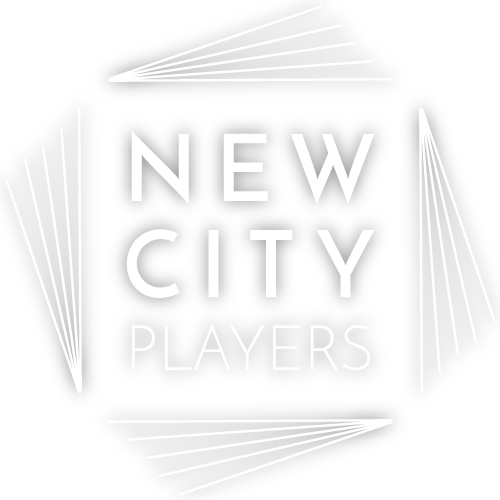Why are we an ensemble?
Because it’s where our mission and vision are most tangible. Because before anything else we believe that people and relationships are the most important part of our lives. And because we believe that the theatrical experience (which is inherently collaborative) is totally unique in how it brings people together, imparts a story, opens hearts, and moves people to transformation...no better way to do that than through a group of artists who perform, produce, and host audiences together...aka an ensemble.
How do we create an ideal ensemble?
3 Virtues of an NCP Ensemble Member:
1. HUMBLE
The first and most important attribute.
Humble people celebrate the achievements of others. They use the word “we” more than “I”.
Certainly to be humble means to not be overtly arrogant. But the nuance of humility is the flip side. A person who lacks confidence can be this way too. A person who lacks self confidence is not being truly humble because they don’t let the ensemble benefit from their talent.
Someone who is humble also knows they are gifted and they can celebrate that in themselves and others.
Some people lack self confidence AND they are uncomfortable celebrating the strengths of others.
“Humble people don’t think less of themselves, they think of themselves less.” -C.S. Lewis
Somebody who is honest about what they’re good at, they don’t need to talk about it all the time, but they are comfortable to bring it to the table and to celebrate other people’s strengths.
Practically:
We want to work together because we believe our fellow member has something to teach us.
We always listen first, with the intent to understand.
We give credit to others easily and often.
2. HUNGRY
The kind of person who wants to get things done.
Being perceived as a slacker is untenable for them.
Will go above and beyond their role for the sake of the ensemble.
Practically:
We promise to bring our A game to every role (acting, directing, SMing, backstage, hospitality, when we’re at events).
We’re responsive to communications through slack, email, and calendar
We meet our deadlines.
We’re proactive about our scheduling
3. SMART
With smart we’re not talking about intelligence. We’re talking about having common sense about people.
Smart people know their words and actions have an impact on people so they choose them carefully. They are interpersonally aware.
Smart people translate self-awareness into the ability to act on it. Related to emotional intelligence.
It’s knowing that “When I say/do this it will have this kind of effect on others.”
Practically:
We recognize context. What is appropriate among ensemble members, with patrons, with donors, with new actors etc.
Honest about how clear or unclear something is.
We differentiate between what annoys us and what hurts us.

